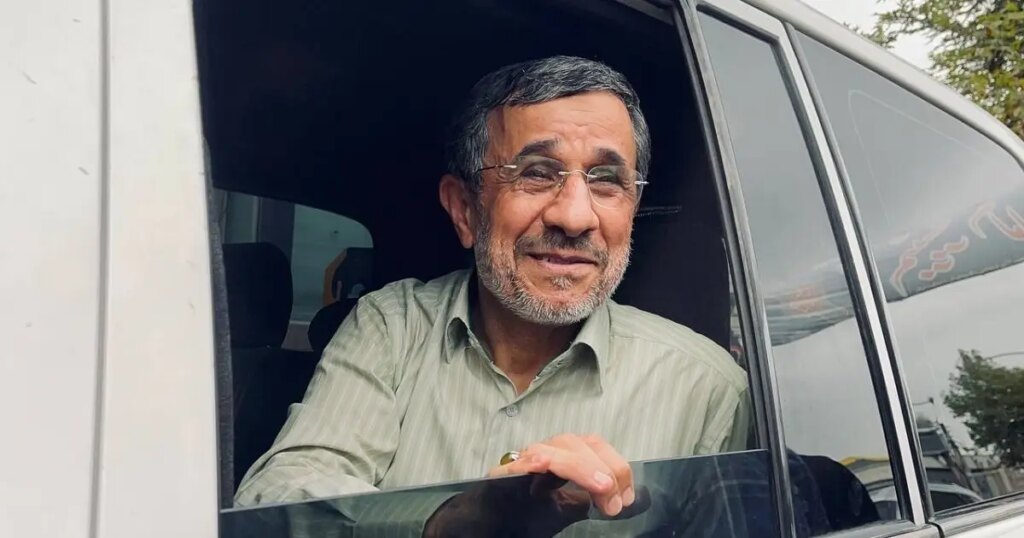Former President Mahmoud Ahmadinejad has announced that he is considering running in the next presidential elections following the recent death of Iranian President Ebrahim Raisi.
“Dolat Bahar,” a Telegram channel run by Ahmadinejad's supporters, posted a video on Saturday in which he addressed his fans and said he was confident “the situation is changing for the better.”
“Rapid changes are taking place not only in Iran but in the world and I am hopeful that we will soon see positive changes,” Ahmadinejad said.
A new president will be elected on June 28th. Ebrahim Raisi and his delegation After the helicopter crash last weekend.
Ahmadinejad's supporters in parliament have already welcomed his candidacy, claiming he is “one of the most popular politicians in the country.”
Speaking to ILNA, Ahmad Alireza Beigi“If Mahmoud Ahmadinejad runs for president, he will win,” said the Tabriz parliament representative.
He also warned of the consequences of disqualifying Ahmadinejad, who was barred from running in the 2017 and 2021 presidential elections by the Guardian Council, which is largely dominated by Supreme Leader Ali Khamenei, but gave no details.
“President Ahmadinejad must be sure that the Guardian Council will approve his candidacy because if he runs and is disqualified it will have dire consequences,” Alireza Beigi added.
Candidates who wish to run for president, parliament and the Assembly of Experts, which will appoint Ali Khamenei's successor, must be approved by the Guardian Council, the constitutional election watchdog.
After Raisi's death, Islamic Republic leaders face The challenge of re-engaging voters There is deep disappointment in the recent elections, as well as efforts to maintain control of a presidency where hardliners now play a largely ceremonial role, while state institutions are being purged to be entirely filled with Khamenei's allies.
According to official figures, 40.6 percent of eligible voters took part in the first round of recent parliamentary elections. In Tehran, 24 percent of the population voted, the lowest figure for any election in the Islamic Republic's history.
The runoff elections earlier this month recorded even lower turnout: in Tehran, just 7% of eligible voters cast ballots.
Elias Hazrati, editor-in-chief of Tehran's leading reformist daily Etemad, said Saturday that holding elections with low turnout would be “a disaster for any country, but even more so for the Islamic Republic” because the people's vote is used to validate the system.
Regarding elections, Morad Vaisi, Iranian analyst and journalist I believe the Islamic Republic is entering a third phase.
“The first stage is the conflict between the left and the religious right, the second stage is between reformists and fundamentalists, and the third stage involves members of the army and security forces,” Vaisi told Iran International.
“In the next elections, we will not have members of other factions running. It will probably be people from the military or security services who will run,” he added.
While many consider the Iranian presidency to be a symbolic position with key decisions taken in Khamenei's headquarters, all eyes are on him as they look to the future of the country's political situation.
Some also saw the fact that the previous three presidents – Hassan Rouhani, Mahmoud Ahmadinejad and Mohammed Khatami – did not attend Raisi's funeral on May 22 as a symbolic gesture indicating the presidency's increasingly weak position since they were reportedly not invited to the ceremony.
Moreover, Khamenei's apparently uncaring attitude towards Raisi's death and his dismissal of his role in the country after news of Raisi's helicopter crash broke also demonstrated the regime's disregard.

